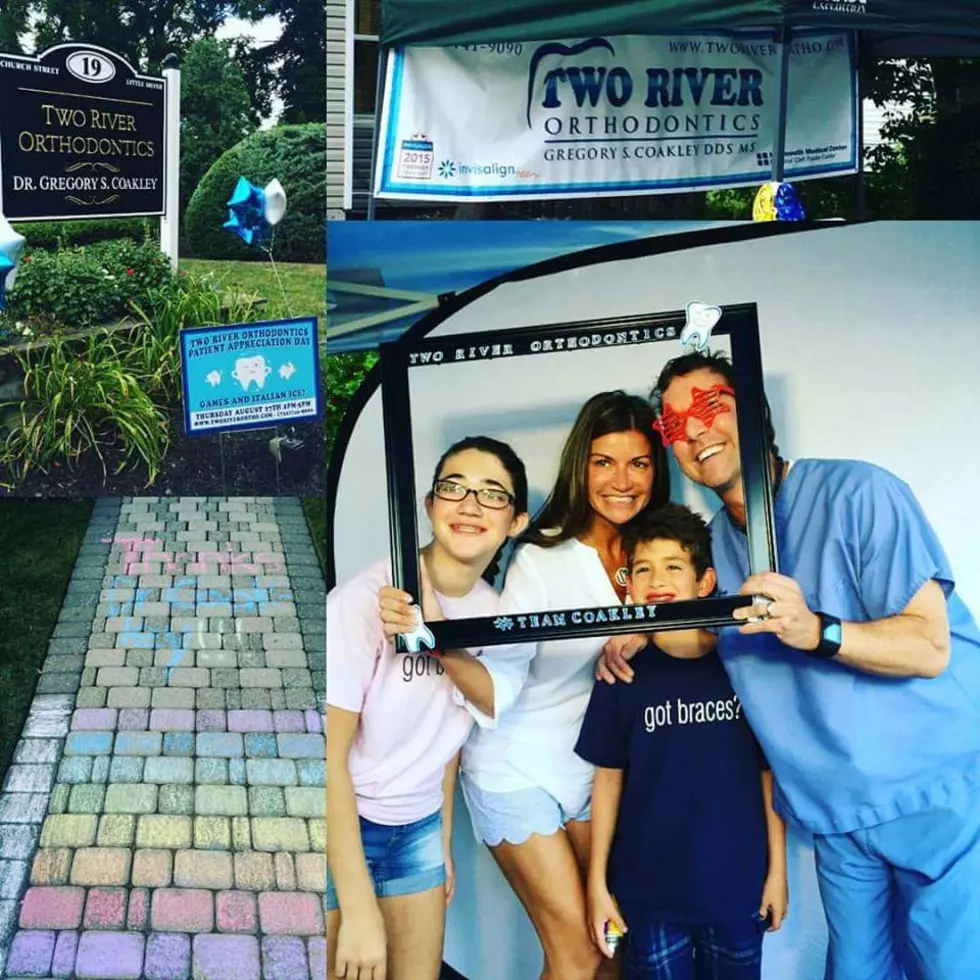
How you can help thousands of Americans in need of a kidney or liver
Yesterday we told you the great need for organ donations in New Jersey and across the country. In part-two of our three-part series on its importance we find out why people are hesitant to donate their organs.
President of the New Jersey Sharing Network Joe Roth says while many people may want to donate, they fear that once they register, they're signing their life away.
"I've had highly educated people tell me that, 'oh I support organ donation but I wouldn't sign up on the registry because I'm superstitious...I believe that a truck will hit me as soon as I sign up for it'," said Roth.
He says the bottomline is that everyone of all races and religions may one day be in need of an organ transplant.
"The transplant list spans all races, faiths, age groups, etc.," said Roth. "It's important to look past personal attitudes and recognize that you could be this person waiting for a life-saving transplant and wishing that there was somebody that would donate their organ."
"95% of Americans are in favor of being a donor but only 54% are registered," -- Donate Life America.
Terri Browne, whose a board member with the American Association of Kidney Patients assures everyone that there's no need to fear whether you're registering as a donor or giving your organ to a loved one or stranger.
"If you're on the fence about it (a living organ donation), you should know that It's extremely safe," said Browne. "They will not have you donate your kidney unless they are very, very, very confident that it is completely safe to do so."
She says you need to be at least 18-years old in order to donate and you'll have to undergo tests to make sure your health enough to donate.
"We (people) only need a very small part of one kidney to function totally fine so that's why we're seeing a pretty dramatic increase in living donations," said Browne.
It could be you, someone you know or a complete stranger who waits in anxiety on an organ transplant list.
Article continues below video:
(Courtesy of the U.S. Department of Health and Human Services)
But now we take a look at some of the numbers.
Joe Roth says about 65-percent of people say they would like to donate their organs but most don't register.
"It's been in the 65 to 75-percent range for 20 to 30 years, as long as polls have been looking at attitudes towards organ donation," said Roth. "They're are eight types of organs that can be transplanted: kidney, heart, intestine, pancreas, liver (2) and lung (2)."
But Browne says the unfortunate reality is, there's not currently enough kidney's for everyone who needs a transplant.
"In New Jersey there's 2,400 hundred people on a kidney waiting list," said Browne. "Last year there were only 443 kidney transplants."
"1 organ donor can save up to 8 lives," -- Donate Life America.
If you're offered a reward, would you donate an organ?
The number of people needing a kidney outweighs the number of organ donors across New Jersey and the nation.
Joe Roth says there's already discussions to offer financial incentives for people who choose to donate.
"(Such as) tax credits, payment of lost time from work or actual payment for donating the organ as some people have suggested," said Roth.
He has some concerns about offering incentives because there wouldn't be the same fair deal for everyone and it creates a slippery slope overall.
"Nearly 5,000 New Jersey residents are waiting for a life-saving organ transplant," -- NJ Sharing Network.
It's a big decision but one that can save many lives but how do you know if an organ like your kidney can be donated?
"As long as the donor is healthy and their kidney function is healthy, there is no age limit necessarily for donating a kidney," said Browne.
She suggests that if you have a family history of kidney disease to undergo regular testing with your doctor.
Ready to make the big decision? To donate an organ click here.
*Tomorrow we conclude our three-part series on organ donation by learning how getting a transplant saved a woman's life.
More From WOBM:
More From 94.3 The Point









